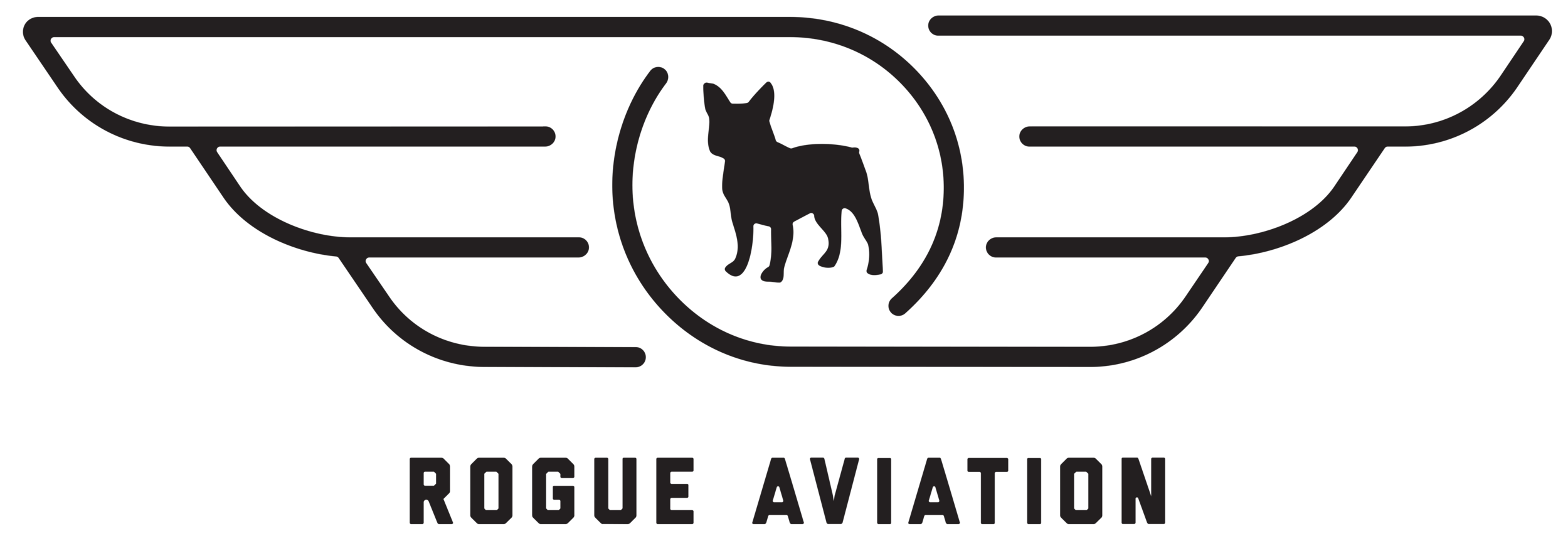Safety: Rental Requirements
Last month, we began our safety series by giving you an overview of our views on the importance and place of safety at Rogue Aviation. (If you missed it, check it out here!)
First, let’s focus on our Rental Program.
When we started Rogue Aviation, we knew we wanted to rent our aircraft to licensed pilots. However, with safety as our number one value, we also knew we needed to have safeguards in place to ensure that the pilots we rent to are qualified and operating within their limits.
Rental programs can be tricky.
Like anything worth pursuing, searching for a balanced approach is necessary. On one hand, many flight schools simply refuse to rent their aircraft. They don’t want the potential liabilities involved or the responsibility for ensuring that their renters are competent. On the other end of the spectrum, other flight schools will rent to anyone with a license. They may require a quick flight check with an instructor, but that’s about it. Flight schools can make more money this way, but they risk putting inexperienced pilots in situations that they aren’t prepared for. Obviously, this is less than ideal.
At Rogue, we wanted to find a solution that would allow licensed pilots to rent aircraft while maintaining safety standards that would eliminate as many risk factors as possible. We not only believe that pilots who spent time and money earning a license should be able to utilize it, but that they will ultimately become better pilots if they have the opportunity to fly more regularly. (Skills become rusty or forgotten if they’re not used.)
It was from these convictions that we developed the Rogue Aviation Rental Program.
Our program has been developed to ensure that pilots are qualified to rent, are receiving ongoing training, and are operating within the boundaries of their experience. Potential renters are evaluated both on flight abilities and ground knowledge and, if qualified, placed into one of three rental tiers. Each tier has limits imposed on the renter based on their level of competency, taking into consideration factors such as weather, airspace experience, and recent flight hours. Of course, renters are encouraged to continue training so they can be promoted to less restrictive tiers in the program as they proceed.
Ultimately, the goal is for Rogue Aviation to be a place that allows pilots to fly and be safe as they do. We believe that pilots who fly regularly are far safer than pilots who don’t.
